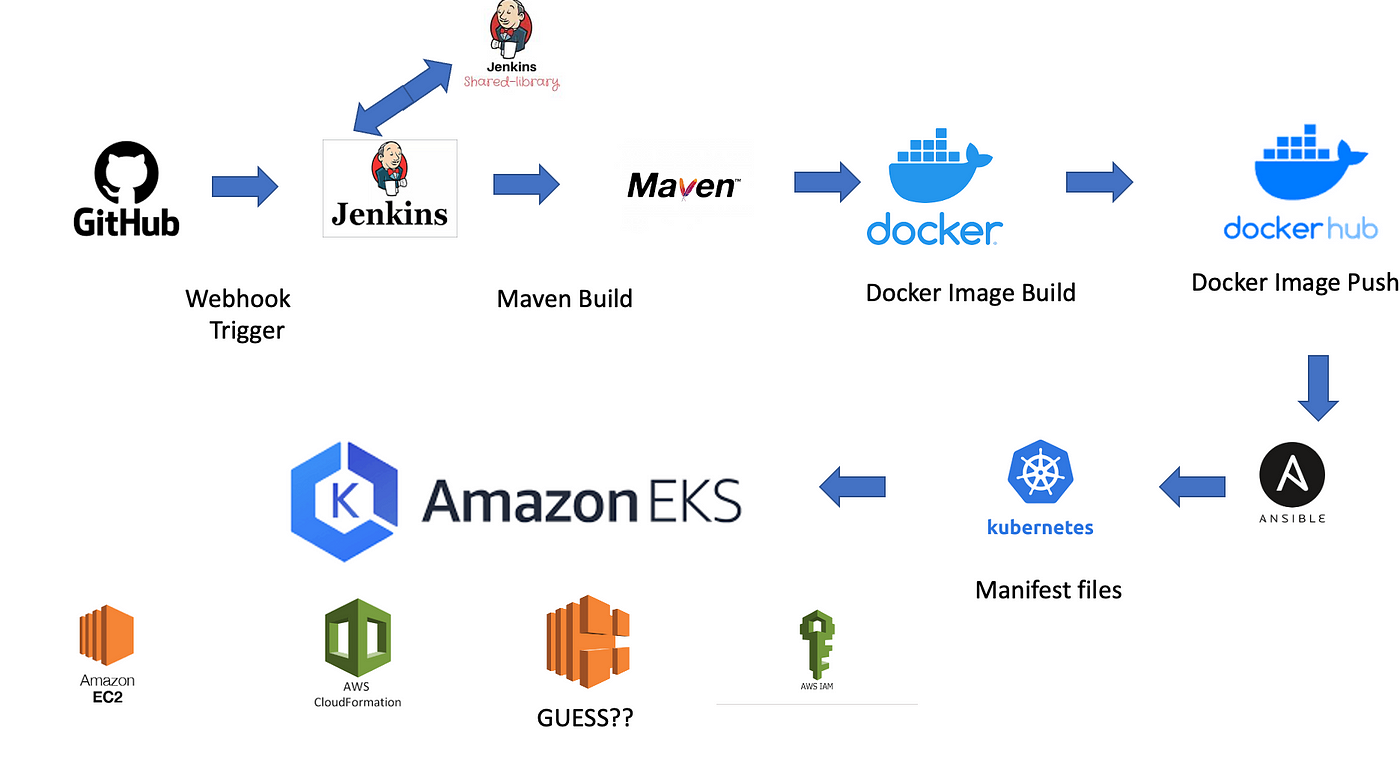Module 1: Introduction to DevOps
- Overview of DevOps
- Definition and key concepts
- History and evolution of DevOps
- DevOps culture and principles
- Benefits of DevOps
- DevOps lifecycle
- DevOps vs. Traditional IT
-
Comparison with Agile, Waterfall, and other
methodologies
- Key differences and advantages
Module 2: Version Control Systems
- Introduction to Version Control
- Importance and benefits
- Centralized vs. distributed version control
- Git and GitHub/GitLab
-
Git basics: repositories, commits, branches, merges
- Workflow strategies: Git Flow, GitHub Flow
- Pull requests and code reviews
- Handling merge conflicts
- Using GitHub/GitLab for collaboration
Module 3: Continuous Integration (CI)
- CI Fundamentals
- Importance and benefits of CI
- Key principles and practices
- Jenkins
- Introduction and setup
- Jenkins architecture and components
- Creating and managing Jenkins jobs
- Pipeline as Code: Jenkinsfile
- Plugins and integrations
- Other CI Tools
- Travis CI
- CircleCI
- GitLab CI/CD
Module 4: Continuous Delivery (CD) and Continuous
Deployment (CD)
- CD/CD Fundamentals
- Importance and benefits
- Key principles and practices
- Building and Packaging
- Build automation tools: Maven, Gradle, etc.
Module 5: Containerization and Orchestration
- Docker
- Introduction to containers
- Installing and setting up Docker
- Docker images and containers
- Dockerfile and image creation
-
Docker Compose for multi-container applications
Module 6: Cloud Platforms and Services
- AWS (Amazon Web Services)
- EC2, S3, RDS, VPC, IAM
- AWS CLI and SDK
- Managing infrastructure with AWS
Module 10: DevOps in Practice
- Case Studies
- Real-world examples of DevOps implementations
- Success stories and lessons learned
- Best Practices
- Continuous improvement and feedback loops
- Collaboration and communication
- Future Trends in DevOps
- Emerging technologies and practices
- The evolving role of DevOps in organizations
Module 11: Final Project
- Capstone Project
-
Designing and implementing a complete DevOps
pipeline
-
Using tools and practices learned throughout the
course
- Presentation and demonstration of the project
This curriculum covers comprehensive topics in DevOps,
from foundational concepts to advanced practices and
tools. Participants will gain practical skills through
hands-on projects and real-world case studies, preparing
them for careers in DevOps engineering and management.



